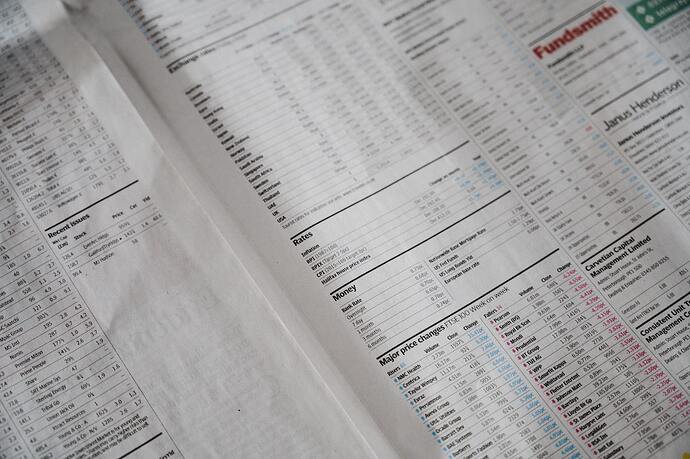Shares, also referred to as stocks, are units of ownership in a corporation. They represent a claim on a portion of the corporation’s assets and earnings. Shareholders are individuals or organizations that hold shares in a corporation and are entitled to receive a portion of the company’s profits in the form of dividends, as well as to vote on major company decisions.
History of Shares
The concept of shares dates back to the early 1600s when companies, often formed to support overseas trade, needed large amounts of capital to fund their ventures. The East India Company, founded in 1600, was one of the most famous of these companies. It raised funds by selling shares to investors, many of whom never set foot outside of England. These investors received dividends from the company in return for their investment.
The Dutch East India Company was another notable company that used the sale of shares to finance their operations. It was the first company to issue shares and bonds to the public on a large scale. The issuance of shares allowed individuals of all social classes to invest in a company and benefit from the company’s profits.
As companies grew in size and complexity, shares became an increasingly valuable and desirable asset, leading to the development of formalized stock markets. The Amsterdam Stock Exchange was the first stock exchange in the world, founded in 1602, and it facilitated trading of shares in the Dutch East India Company. Other major stock exchanges include the New York Stock Exchange, the Tokyo Stock Exchange, and the London Stock Exchange.
Types of Shares
There are several types of shares that a company may issue, each with its own unique characteristics and benefits.
-
Common Shares: Common shares are the most commonly issued type of share. They provide shareholders with voting rights at annual general meetings, as well as a portion of the company’s profits through dividends.
-
Preferred Shares: Preferred shares are a type of share that provides shareholders with preferential treatment over common shareholders. These shares typically have a fixed dividend yield and do not offer voting rights.
-
Dual-class Shares: Dual-class shares are common shares that are divided into two classes, with one class having greater voting rights than the other. This allows founders and management to retain control of the company while still offering shares to the public.
-
Voting Shares: Voting shares are shares that provide their holders with voting rights at shareholder meetings. This type of share allows shareholders to participate in the decision-making process of the company and influence major decisions.
-
Non-voting Shares: Non-voting shares typically have all the same rights and benefits as ordinary shares, except for voting rights. Non-voting shares are often used by companies to raise capital without diluting the voting power of existing shareholders.
Benefits of Owning Shares
There are several benefits to owning shares in a company:
-
Capital Appreciation: If the company performs well, the value of the shares can increase, providing shareholders with a capital gain when they sell their shares.
-
Dividend Income: If the company pays a dividend, shareholders can receive a portion of the company’s profits in the form of cash payments.
-
Ownership: Owning shares in a company provides individuals with ownership and a sense of pride in being part of a successful company.
-
Voting Rights: Shareholders have a say in the management and decision making of the company, giving them a sense of control over their investment.
Risks of Owning Shares
There are also risks associated with owning shares in a company:
-
Market Risk: The value of shares can fluctuate based on market conditions, economic factors, and the performance of the company.
-
Dividend Risk: Companies are not required to pay dividends, and if they do, the amount can fluctuate based on the company’s financial performance.
-
Company Risk: Owning shares in a single company exposes shareholders to company-specific risks, such as management decisions, product recalls, and competition.
-
Liquidity Risk: Shares can be difficult to sell quickly, particularly in times of market uncertainty, which can result in a loss of capital.
Conclusion
Shares provide individuals with the opportunity to own a piece of a company. By buying shares, individuals can profit from the company’s success and have a say in its decision-making process. However, investing in shares is not without risk. Before investing, individuals should understand the risks and benefits associated with owning shares and seek the advice of a financial professional.
Disclaimer
6do Encyclopedia represents the inaugural AI-driven knowledge repository, and we cordially invite all community users to collaborate and contribute to the enhancement of its accuracy and completeness.
Should you identify any inaccuracies or discrepancies, we respectfully request that you promptly bring these to our attention. Furthermore, you are encouraged to engage in dialogue with the 6do AI chatbot for clarifications.
Please be advised that when utilizing the resources provided by 6do Encyclopedia, users must exercise due care and diligence with respect to the information contained therein. We expressly disclaim any and all legal liabilities arising from the use of such content.













